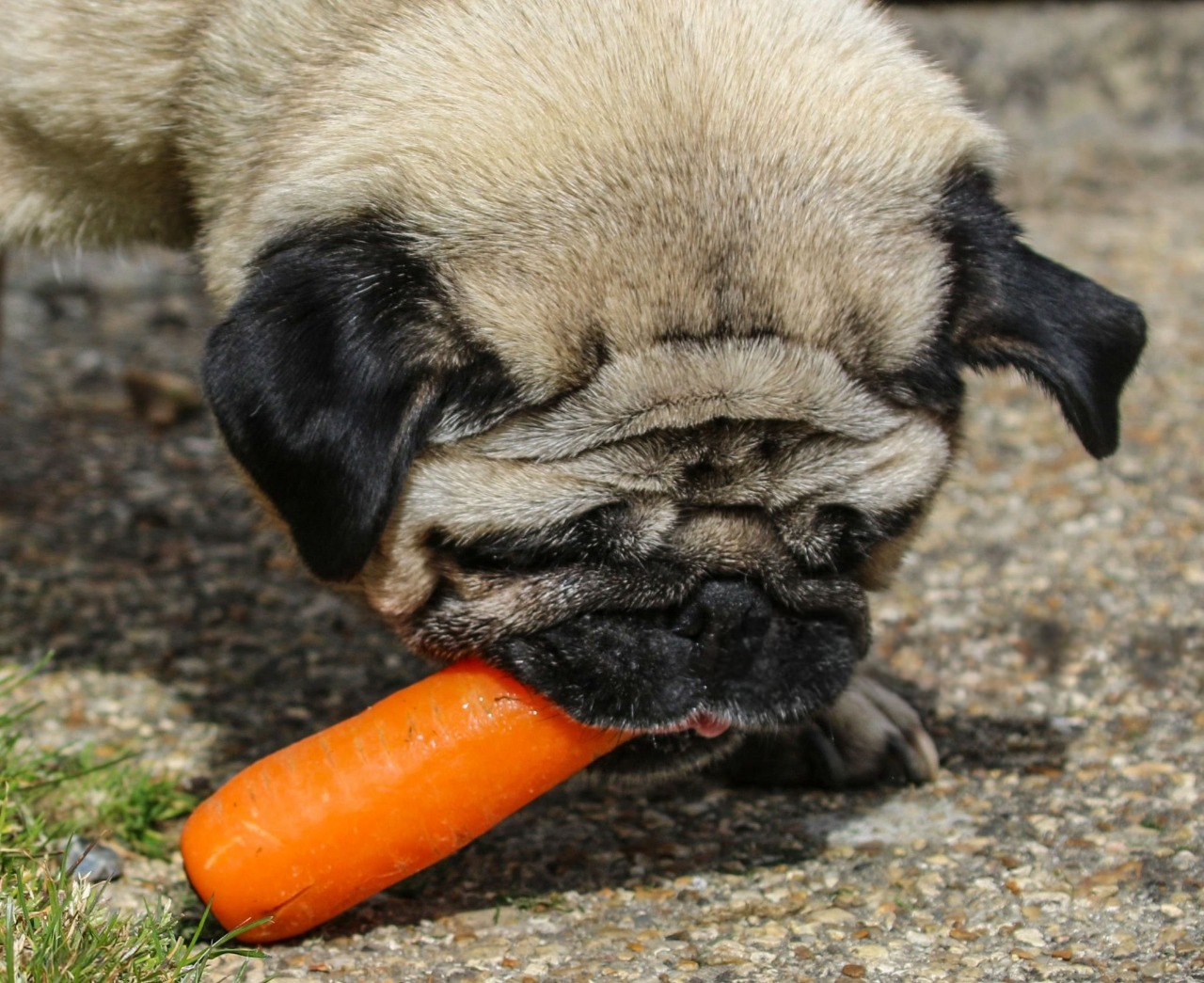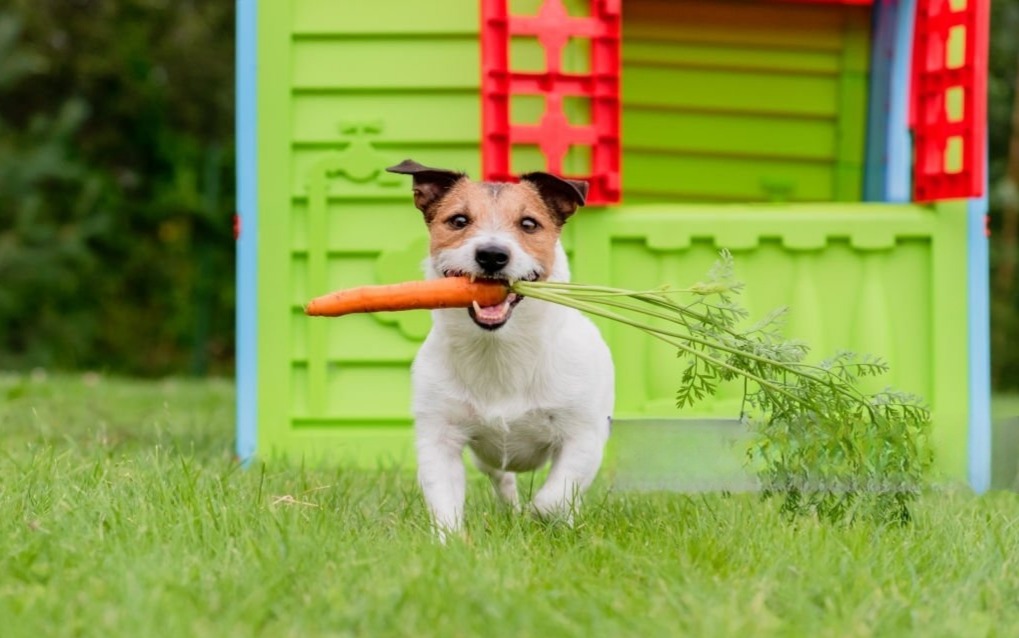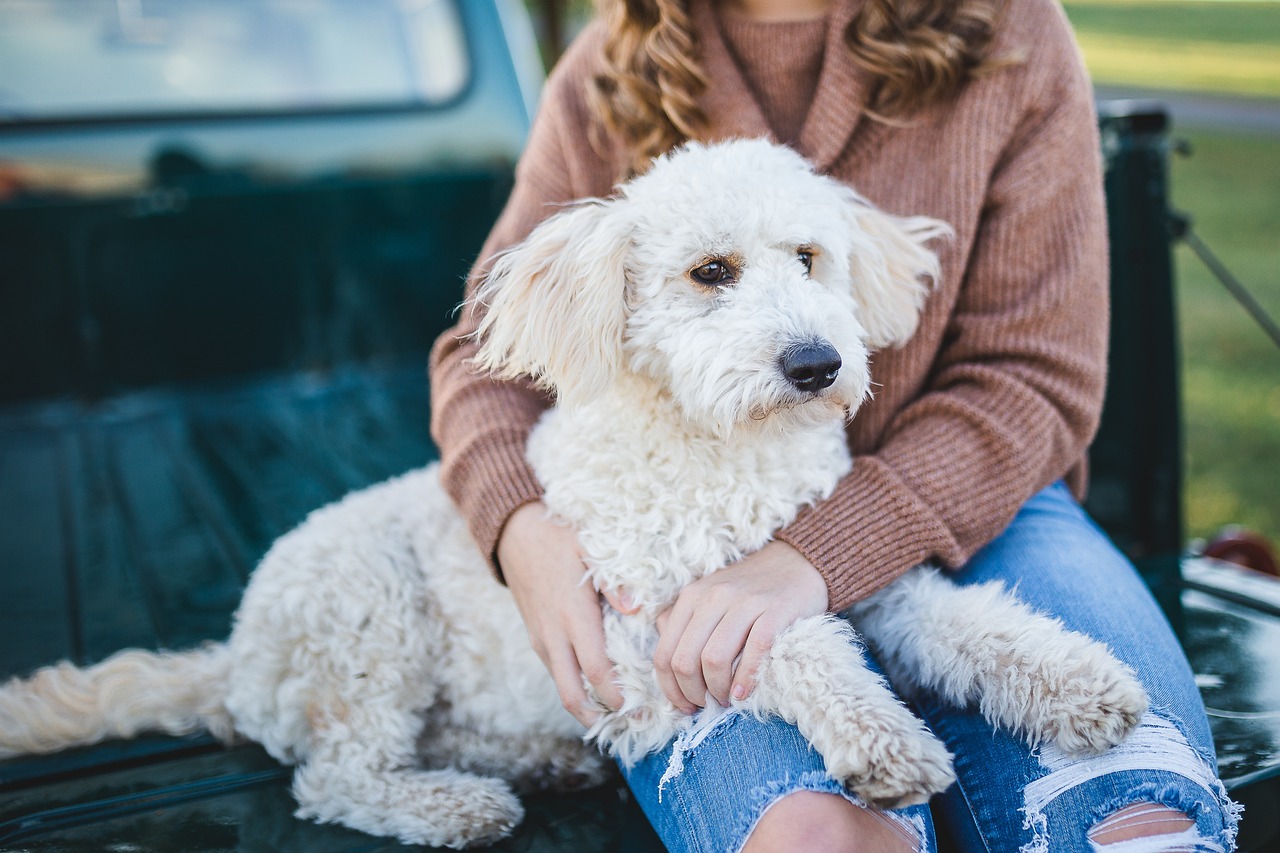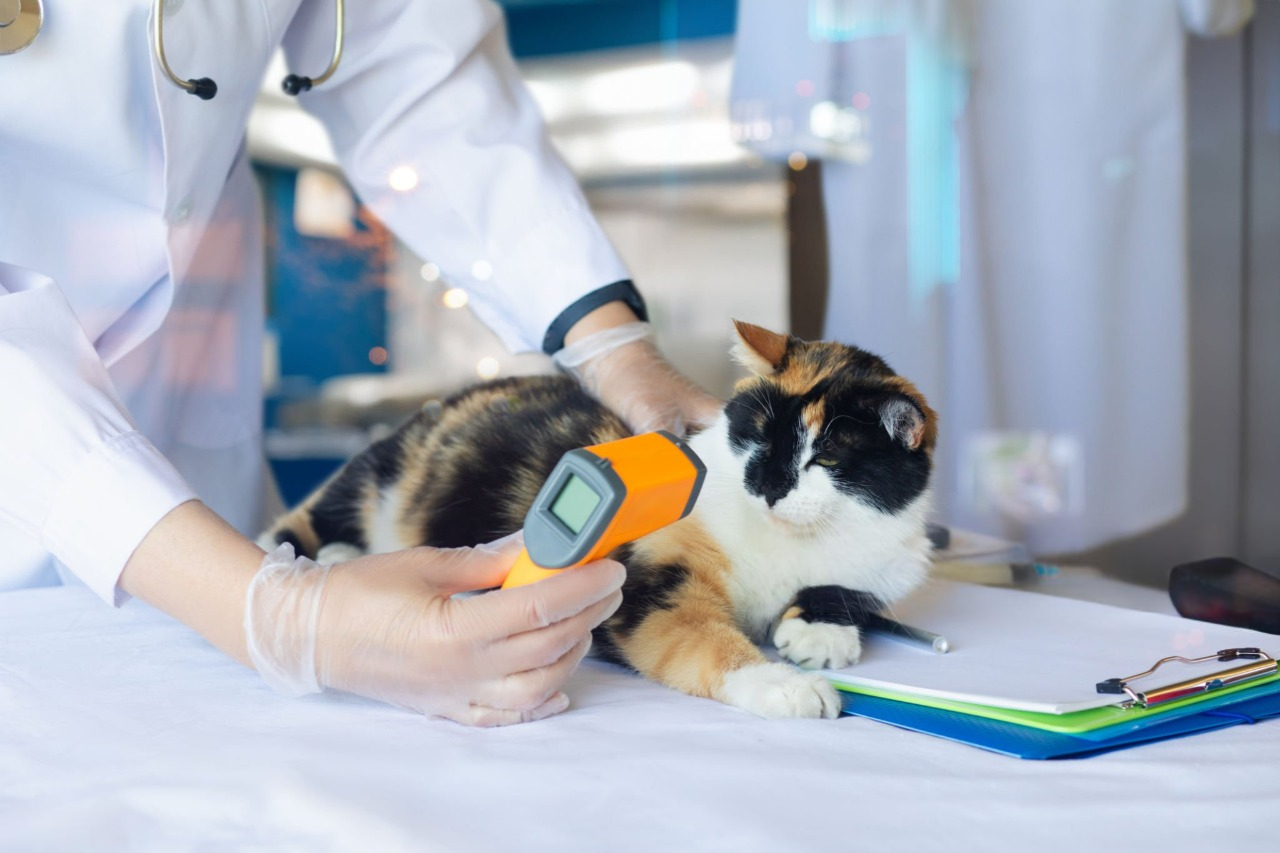Absolutely!They’re a low-cost, wholesome treat that your furry companions will love.
Can Dogs Eat Carrots?
In the crowded world of commercial dog treats, pet owners are increasingly on the hunt for healthy, nutritious, and budget-friendly alternatives for their furry friends. Many have turned to fruits and vegetables as a way to diversify their dog’s diet. Among the most popular choices is the carrot—a safe, low-calorie, and veterinarian-approved treat packed with essential nutrients.
Carrots are not just an affordable option; they are versatile and easy to include in your dog’s meals. These crunchy vegetables are excellent for training sessions or rewarding your dog for good behavior, as they contain far fewer calories than most store-bought treats. Additionally, carrots are naturally fat-free, making them a fantastic choice for senior or overweight dogs. However, they do contain natural sugars, so moderation is key. Consult your veterinarian before making carrots a regular part of your dog’s diet to ensure they are the right fit for your pet.
Nutritional Benefits of Carrots
Carrots are packed with valuable nutrients that can benefit your dog’s overall health. Rich in antioxidants like alpha-carotene and beta-carotene, these compounds are converted to Vitamin A in the body, playing a vital role in eye health, immunity, and skin condition. A diet deficient in Vitamin A can lead to issues like poor vision, eye infections, and even blindness.
In addition to Vitamin A, carrots are a great source of potassium, which supports heart and muscle function, and fiber, which promotes digestive health. They also contain Vitamin K, necessary for proper blood clotting, and Vitamin B6, which helps convert food into energy. High fiber content can regulate bowel movements and maintain a healthy digestive system. These benefits explain why carrots are commonly included in many wet and dry dog food formulas.
Interestingly, chewing on raw carrots can also improve your dog’s dental health. The crunchiness helps scrape off plaque and tartar while stimulating the gums. This natural dental benefit can be an added advantage, making carrots a dual-purpose snack for your canine companion.

How to Safely Serve Carrots to Dogs
Carrots can be served in various ways—raw, cooked, steamed, or even pureed. Most dogs enjoy the naturally sweet taste of carrots regardless of the preparation method. Adding pureed or juiced carrots to your dog’s food can enhance the meal’s flavor and nutritional content, and you can also bake them into homemade treats.
If you’re offering raw carrots, it’s essential to cut them into manageable, bite-sized pieces to prevent choking, especially for smaller breeds. Baby carrots or shaved carrots are excellent options for smaller dogs, while medium or larger dogs can usually handle a full-sized carrot. Always supervise your dog while they’re chewing on harder vegetables to avoid any accidental mishaps.
Cooked carrots are another safe option and may even be better for nutrient absorption. Steaming or boiling carrots breaks down the tough cellular walls, making it easier for dogs to digest and absorb the vitamins. Avoid adding butter, salt, or other seasonings, as these can upset your dog’s stomach or introduce unnecessary calories.
For teething puppies, chilled or frozen carrots can provide soothing relief for sore gums. Older dogs might also enjoy frozen carrots as a crunchy, refreshing snack. Just ensure the carrots are thoroughly washed and peeled to remove any residual pesticides or dirt that could harm your pet.
Incorporating Carrots into Your Dog’s Diet
Carrots make a fantastic supplement to your dog’s regular diet, adding a nutritional boost without piling on extra calories. Whether used as a training treat or an occasional snack, carrots are a versatile option that can fit seamlessly into any feeding routine.
For an added twist, consider blending carrots into a puree and mixing them with your dog’s kibble. This not only enhances the taste but also increases the nutrient absorption, especially for dogs that struggle to chew raw vegetables. Baking carrots into dog-friendly biscuits or incorporating them into meals is another way to make mealtime exciting and nutritious.
When introducing carrots or any new food, start with small amounts and monitor your dog for any signs of intolerance, such as upset stomach or allergic reactions. Always consult your veterinarian to confirm that carrots are suitable for your dog’s specific health needs and dietary restrictions.
Potential Risks and Precautions
While carrots are generally safe, there are a few things to keep in mind to ensure your dog enjoys this vegetable without issues. Carrots contain cellulose, a compound that dogs cannot digest easily. Cooking the carrots by steaming or boiling can break down these cellular walls, allowing your dog to absorb the nutrients more effectively.
Avoid serving carrots with butter, salt, or other seasonings, as these additives can lead to gastrointestinal distress or unnecessary calorie intake. Similarly, monitor portion sizes to avoid overfeeding. Even though carrots are low in calories, excessive consumption can lead to digestive upset due to their fiber content.
Why Carrots Are a Great Choice
Thanks to their numerous benefits, carrots are a go-to choice for many pet owners looking to provide their dogs with healthy snacks. From supporting eye health to improving digestion and even promoting dental hygiene, carrots are a natural powerhouse of nutrition. Their affordability and versatility make them an accessible option for dogs of all sizes and breeds.
When served in moderation and prepared properly, carrots can be a delightful addition to your dog’s diet. As always, consult with your veterinarian before making significant changes to your pet’s nutrition. With their approval, you can feel confident knowing that you’re providing a wholesome, tasty treat that contributes to your dog’s overall well-being.

“A blog for pet lovers” is a dedicated space where animal enthusiasts can explore tips, stories, and expert advice on pet care, training, health, and more. Whether you’re a dog person, a cat lover, or someone who adores all animals, this blog offers a warm and engaging community for you to connect, learn, and celebrate the joy of having pets…






